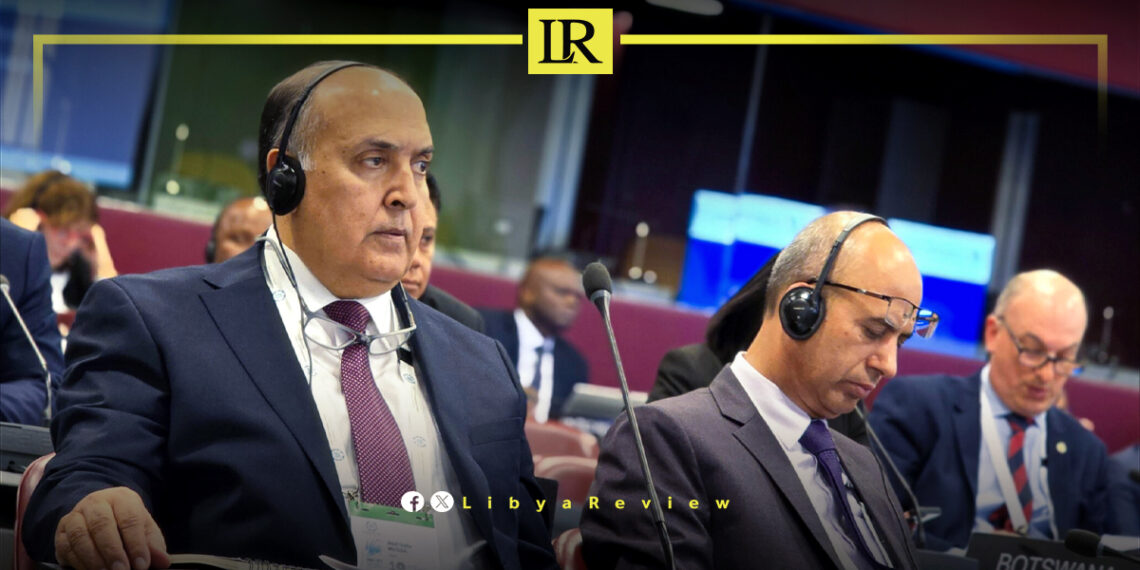Abdullah Al-Masri Al-Fadhil, the Head of the Office of the House of Representatives of Libya, participated as a member of the Association of Secretaries General of National Parliaments in the meeting held in the framework of the 149th General Assembly of the Inter-Parliamentary Union in Geneva, Switzerland.
Libya has been in chaos since a NATO-backed uprising toppled longtime leader Muammar Gaddafi in 2011. The county has for years been split between rival administrations.
Libya’s economy, heavily reliant on oil, has suffered due to the ongoing conflict. The instability has led to fluctuations in oil production and prices, impacting the global oil market and Libya’s economy.
The conflict has led to a significant humanitarian crisis in Libya, with thousands of people killed, and many more displaced. Migrants and refugees using Libya as a transit point to Europe have also faced dire conditions.
The planned elections for December 2021 were delayed due to disagreements over election laws and the eligibility of certain candidates. This delay has raised concerns about the feasibility of a peaceful political transition.
Despite the ceasefire, security remains a significant concern with sporadic fighting and the presence of mercenaries and foreign fighters. The unification of the military and the removal of foreign forces are crucial challenges.During the meeting, Al-Fadhil delivered a speech addressing the management of overlapping competencies among parliamentary committees in legislative work. He highlighted the crucial role of parliamentary committees in shaping legislative and oversight activities within the parliament, emphasizing their significance as the mainstay of all legislation and laws. He also discussed their oversight functions derived from constitutional texts or internal regulations.
Al-Fadhil outlined the importance of having a legal framework that regulates the committees’ work and defines their competencies, which greatly assists in resolving conflicts and overlaps in competencies concerning their legislative and oversight roles.
In his speech, Al-Fadhil mentioned that the internal regulations of the Libyan House of Representatives, issued under Law No. 4 of 2014, include a complete section on parliamentary committees, detailing their mechanisms, tools, designations, tasks, formation processes, and the number and membership of each committee.


